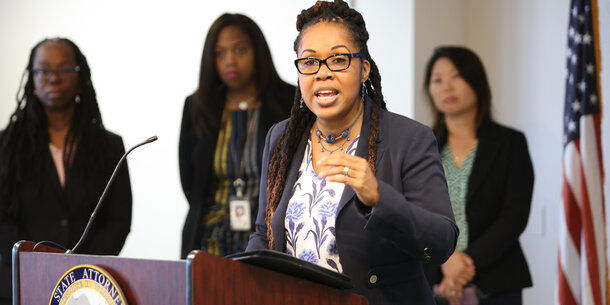Prosecutors wield tremendous power. They decide which charges to bring and whether to seek pretrial detention or cash bail, and they often control the plea-bargaining process. Crucially, they also influence sentencing, determining whether and how long defendants will remain in prison. With 94 prosecutors at the federal level and more than 2,400 at the state, county, and city levels, these lawyers play a significant role in shaping the criminal justice system. In many cases, spurred by punitive policies that create incentives to put people behind bars, they have fed the epidemic of mass incarceration plaguing the United States.
The conduct of prosecutors has received a great deal of scrutiny in recent years, drawing attention to instances of the collateral consequences of imprisonment. At the same time, prosecutors across the country have sought to implement more equitable and sensible approaches. Responding to the demands of voters, these reform-minded officials are taking the lead in cutting the nation’s prison population. In a 2018 report, the Brennan Center proposed a paradigm shift in how prosecutors are evaluated. Instead of rewarding them for indicting more people, winning more convictions, and garnering longer sentences, we should reorient prosecutors’ incentives toward a different set of goals: reducing crime, incarceration, and recidivism in their districts.



